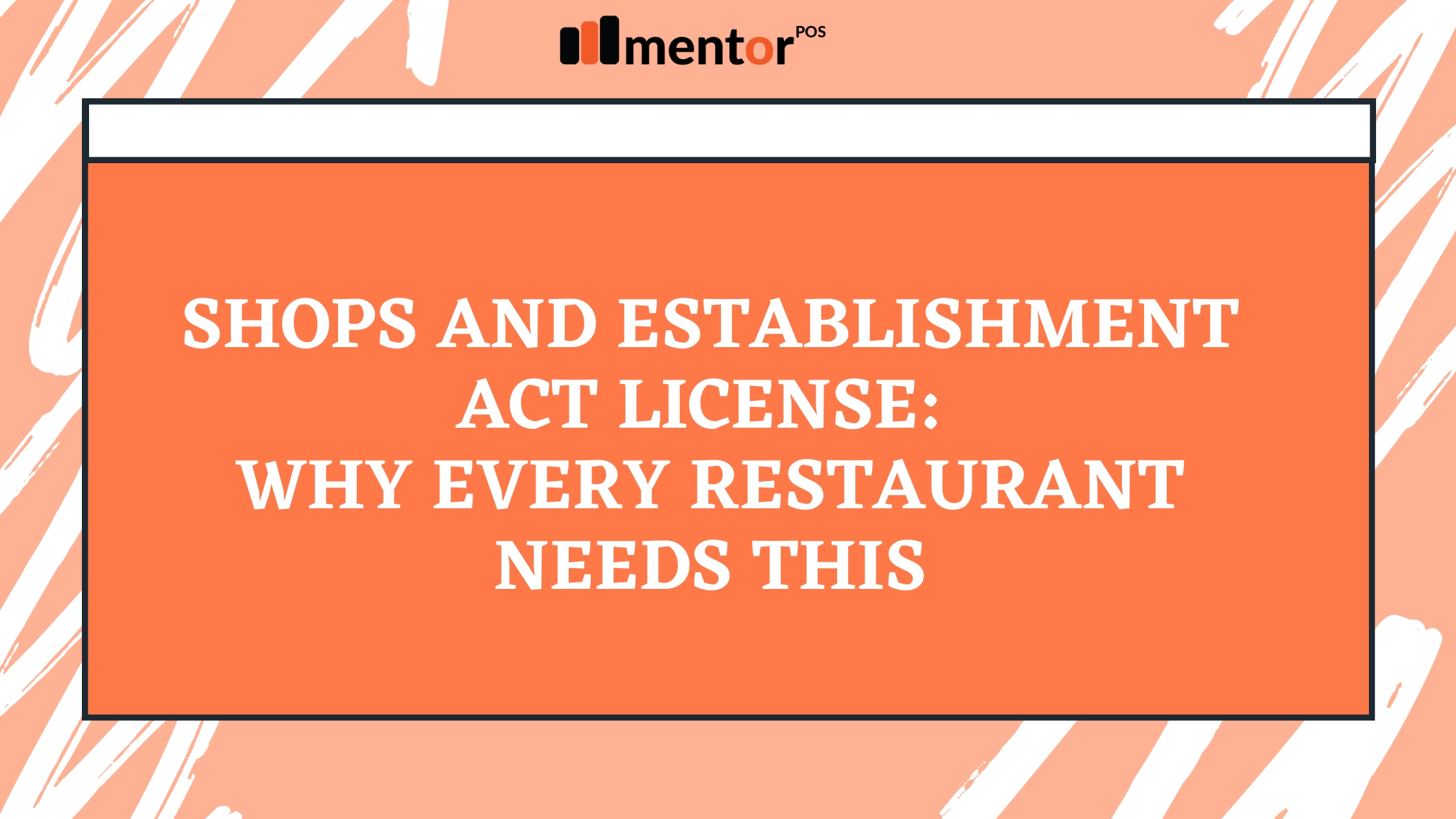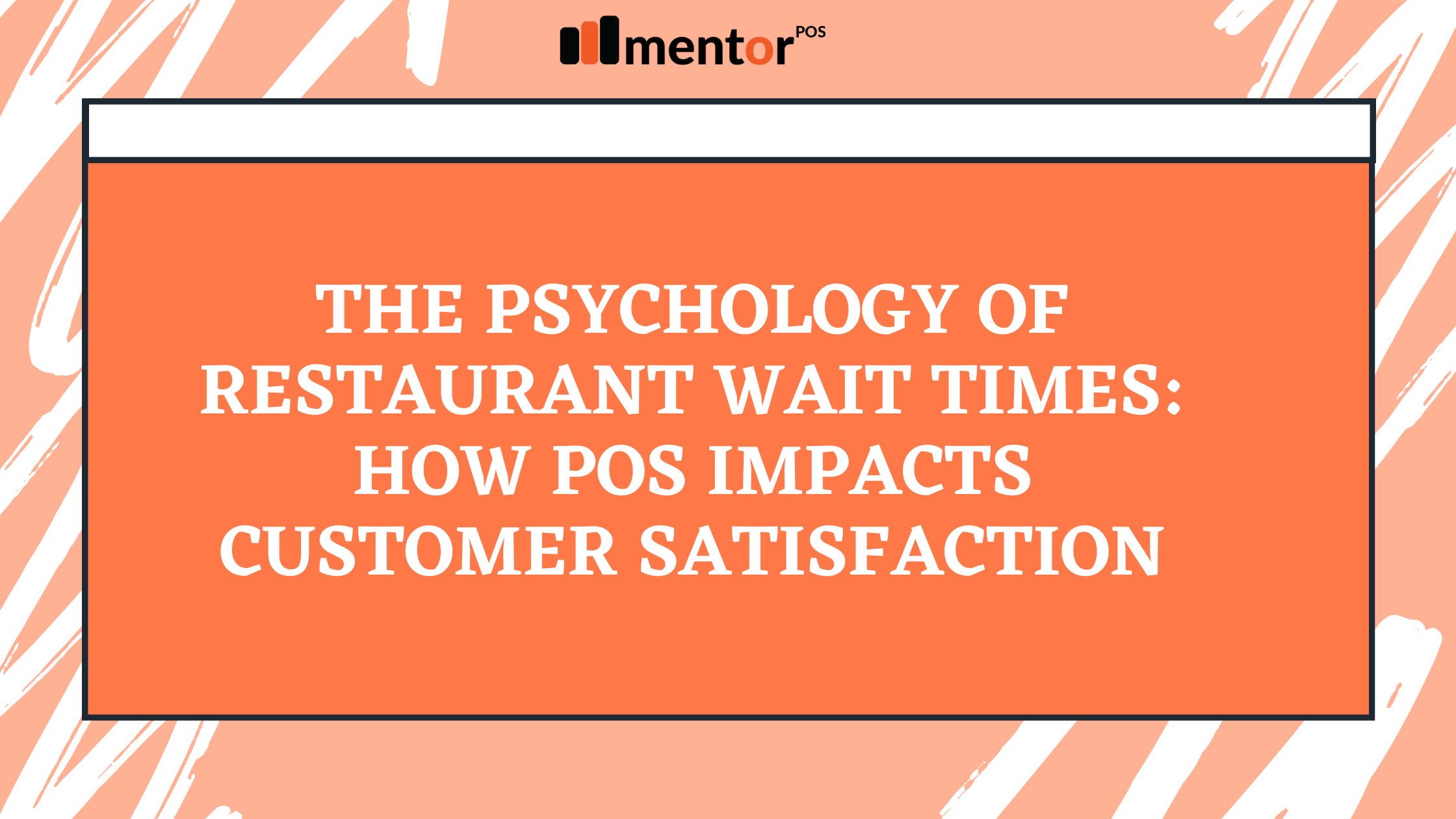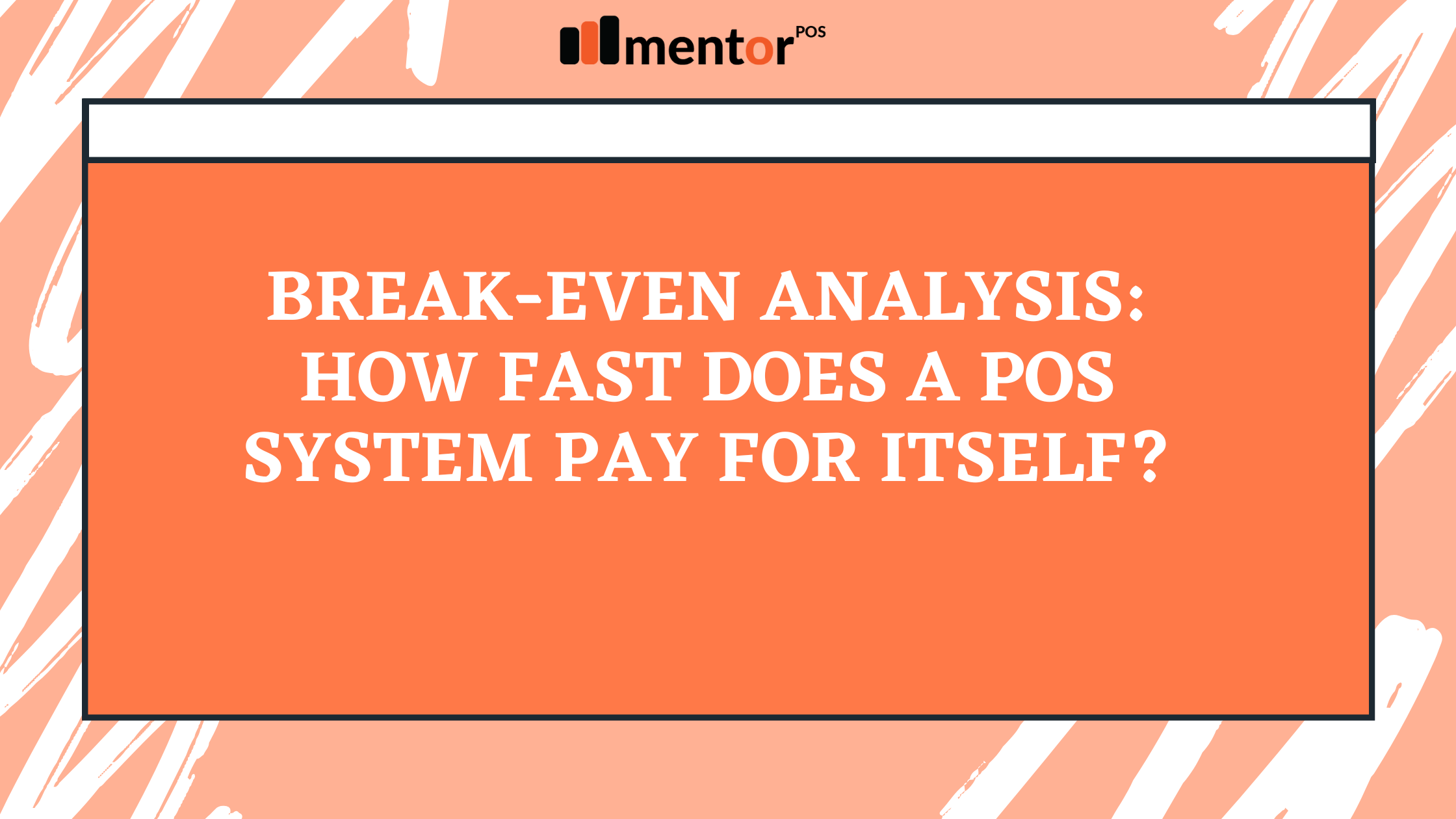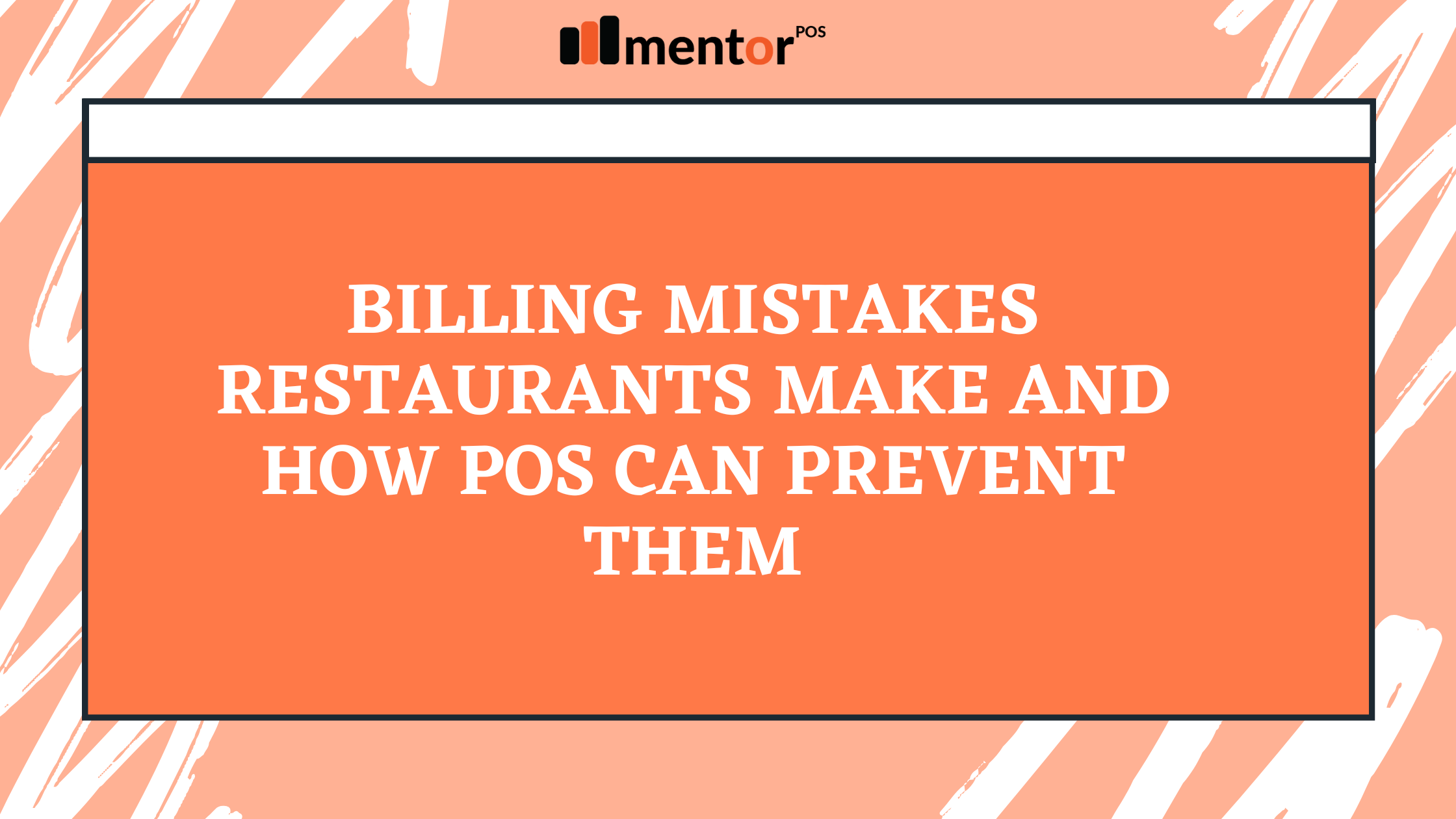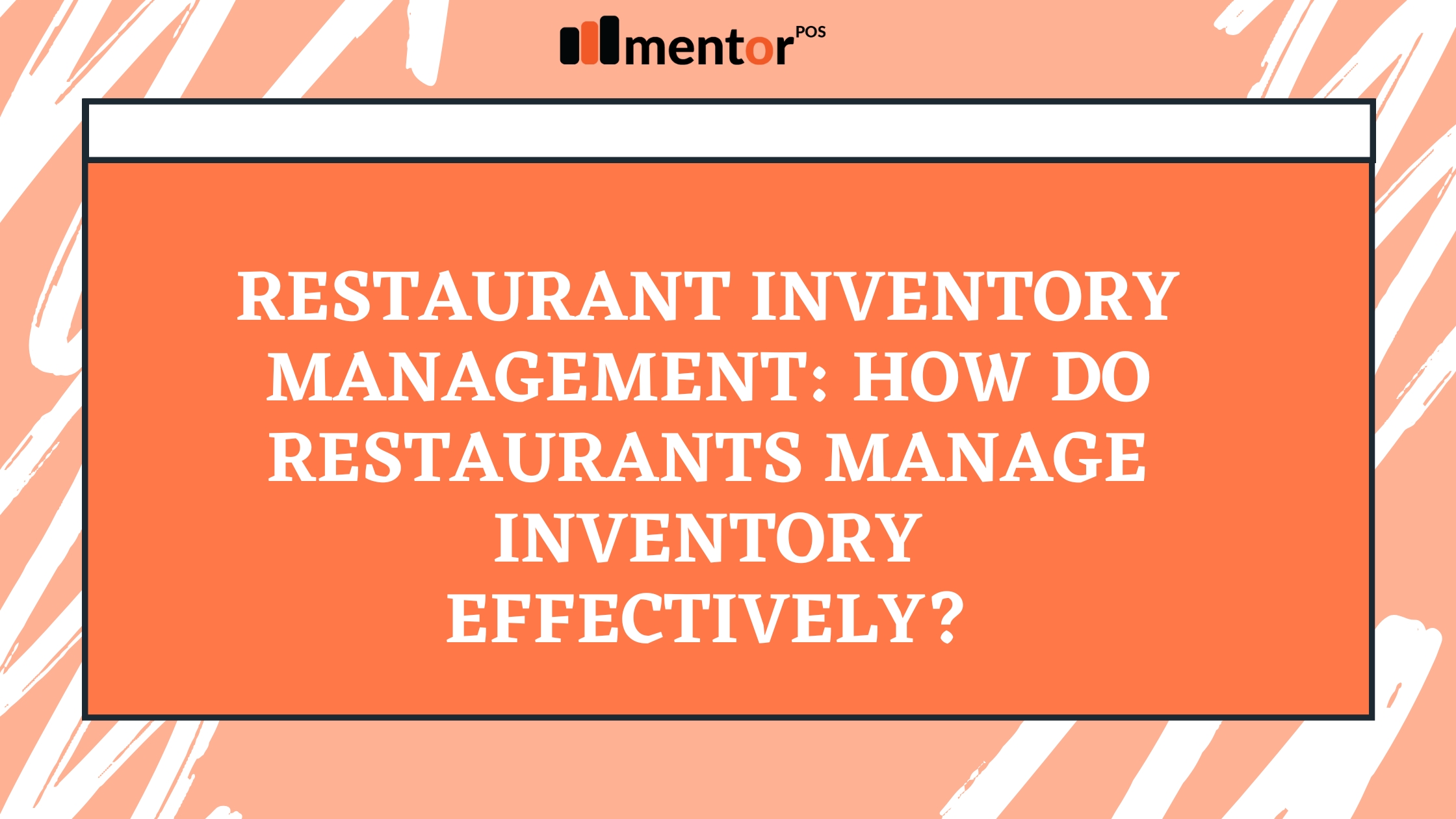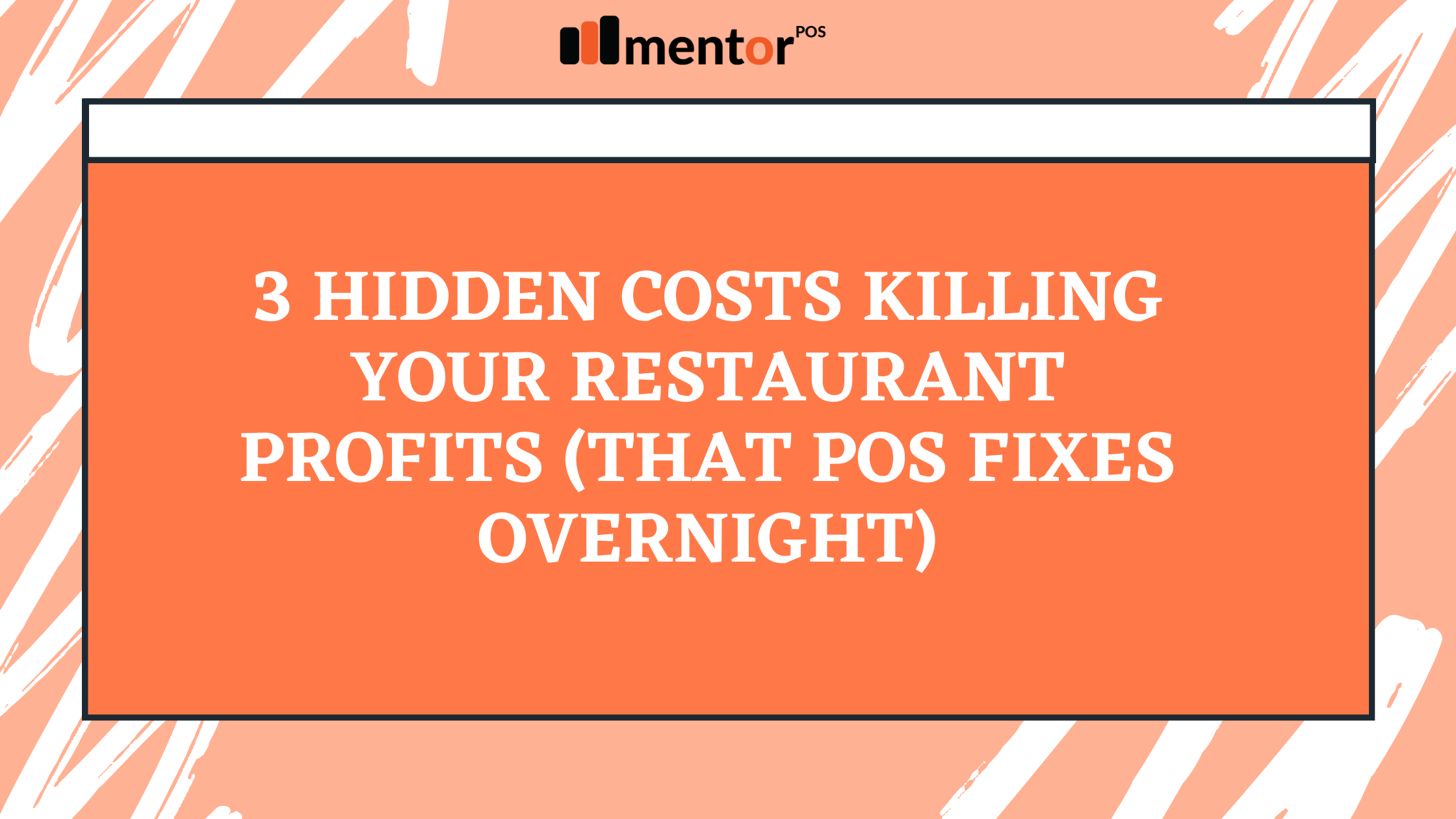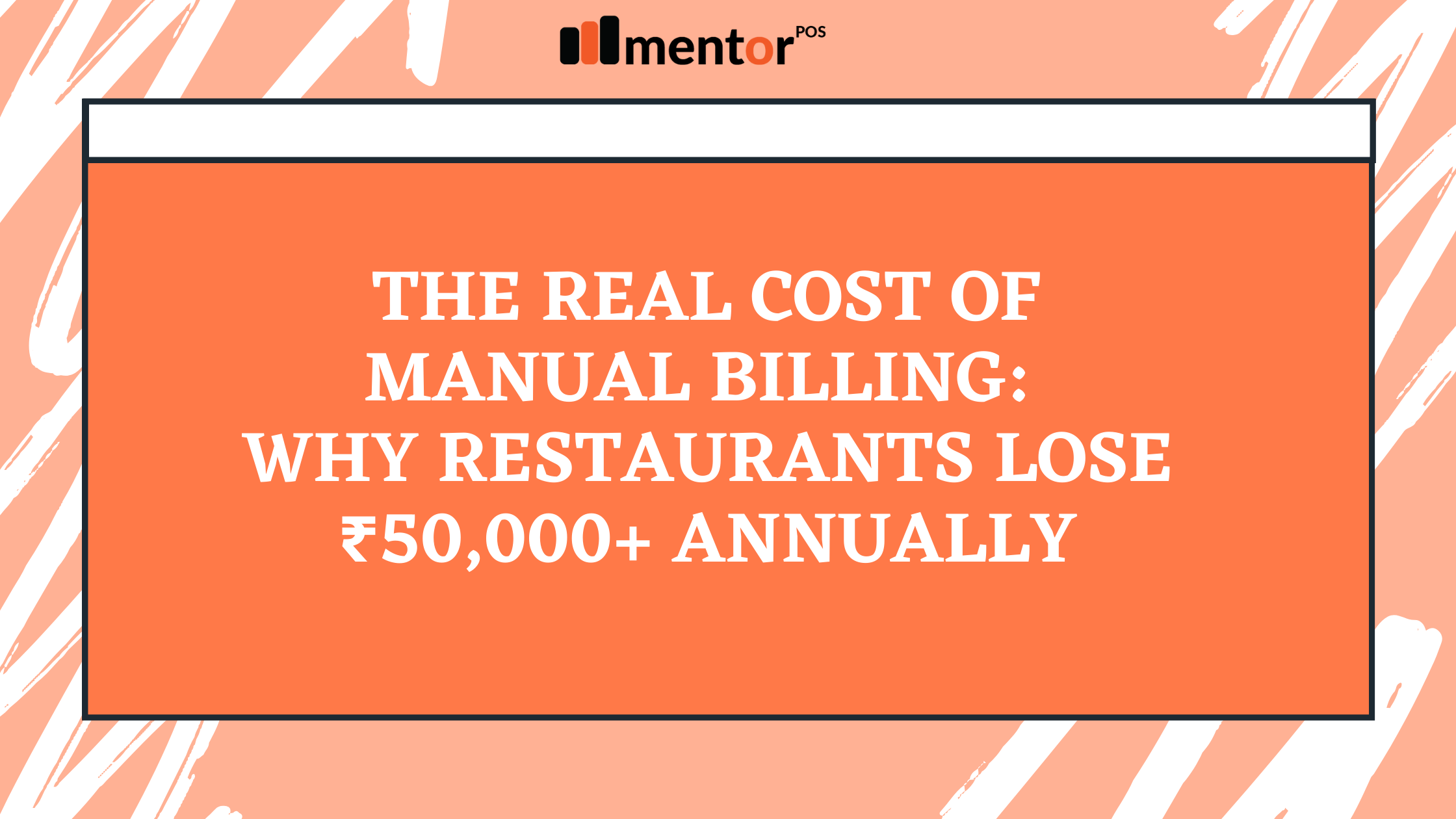Opening a restaurant is an exciting venture. From finalizing the menu to designing the interiors, every step feels like a creative journey. But alongside all the fun and planning, there’s an essential part of the process that often gets overlooked—legal compliance. One of the most crucial licenses for any restaurant in India is the Shops and Establishment Act License.
This license is not just a formality; it is a legal requirement for operating most types of commercial establishments, including restaurants, cafes, and eateries. Understanding why it is important can save you from legal trouble, financial penalties, and operational hurdles in the future.
Understanding the Shops and Establishment Act License
The Shops and Establishment Act is a state-specific law that governs the working conditions and rights of employees in commercial establishments. Every state in India has its own version of the Act, with slightly different rules and regulations, but the core purpose remains the same—ensuring fair working practices and proper registration of businesses.
The license under this Act applies to all businesses where people are employed to carry out work, including restaurants, hotels, bakeries, coffee shops, and catering services. It sets the framework for working hours, holidays, wages, leave policies, and other employee-related matters.
Why Restaurants Need This License
Restaurants, by nature, are bustling establishments with long working hours, multiple shifts, and a significant number of employees. This makes compliance with labor and business laws essential. Here’s why every restaurant should have this license:
- Legal Requirement – Most states mandate that a restaurant must obtain a Shops and Establishment Act License within 30 days of starting operations. Operating without it can result in fines and even forced closure.
- Employee Welfare – The license ensures your staff receives fair wages, regulated working hours, proper leave entitlements, and safe working conditions. This is not just good for compliance but also for maintaining a happy workforce.
- Proof of Legitimacy – Having the license establishes your restaurant as a legitimate business in the eyes of the authorities, customers, and employees. It shows that you are following the law.
- Smooth Inspections – Restaurants are often subject to inspections from local authorities. Having this license in place can make these checks hassle-free and keep you on the right side of the law.
Key Provisions Covered Under the Act
While the exact rules differ from state to state, the Shops and Establishment Act generally covers:
- Working Hours – Defines the maximum daily and weekly working hours for employees, including rules for overtime.
- Leave Policy – Specifies the types of leave employees are entitled to, such as annual leave, sick leave, and casual leave.
- Holidays – Ensures employees get weekly offs and public holidays as per law.
- Employment of Women and Young Persons – Lays down conditions for hiring women and young workers, including safety measures.
- Health and Safety Standards – Stipulates that the workplace should be clean, well-lit, and safe for both staff and customers.
These rules help in creating a fair and healthy work environment, which ultimately benefits your restaurant’s operations.
Benefits Beyond Compliance
While the primary reason for obtaining this license is legal compliance, it offers additional benefits for restaurant owners:
- Enhanced Reputation – Customers are more likely to trust and recommend a restaurant that follows all regulations.
- Employee Retention – Staff members appreciate working for an employer who ensures their rights and benefits are protected.
- Business Expansion – If you plan to open more branches or apply for other licenses like FSSAI or liquor permits, having this license in place can make the process faster.
In short, the Shops and Establishment Act License is more than just a piece of paper—it’s a foundation for smooth and ethical business operations.
Also Read: GST Registration for Restaurants and Food Businesses in India: A Must-Have for Tax Compliance
Process of Obtaining the License
Though the process varies depending on the state, most follow a similar pattern:
- Application Submission – The restaurant owner must apply to the local labor department or municipal authority within the specified time after starting the business.
- Document Submission – Commonly required documents include identity proof, address proof of the owner, rental agreement or ownership documents of the premises, PAN card, and photographs of the establishment.
- Fee Payment – A nominal registration fee is paid depending on the number of employees and the size of the establishment.
- Verification and Approval – Authorities may conduct a site inspection before issuing the license.
- Renewal – The license is generally valid for a specific period and needs to be renewed before it expires.
By completing this process, your restaurant officially enters the records of the labor department, making it easier to manage employee-related compliance in the future.
Consequences of Not Having the License
Many restaurant owners make the mistake of starting operations without this license, thinking it can be handled later. This can lead to serious problems:
- Fines and Penalties – Authorities can impose hefty fines for non-compliance.
- Business Closure – In extreme cases, your restaurant can be shut down until proper licenses are obtained.
- Legal Disputes – Employees can take legal action if their rights under the Act are violated, leading to reputational damage.
For a business that depends heavily on customer trust and public perception, such setbacks can be costly.
Final Thoughts
The restaurant business is competitive and challenging, with success depending on both customer satisfaction and operational efficiency. Legal compliance forms a crucial part of this efficiency. The Shops and Establishment Act License ensures your restaurant operates within the law, protects employee rights, and enhances your credibility in the market.
Obtaining this license early in your business journey not only keeps you legally safe but also sets the tone for professional and ethical operations. In a sector where both customers and employees value transparency, having the right licenses in place can be the difference between short-term survival and long-term success.

